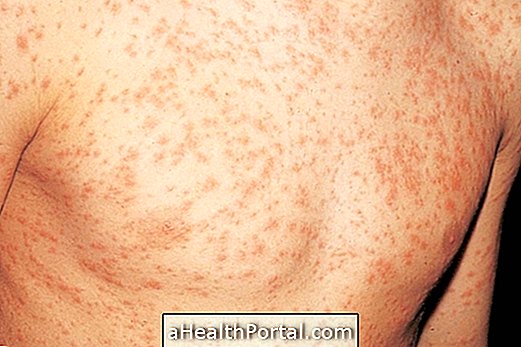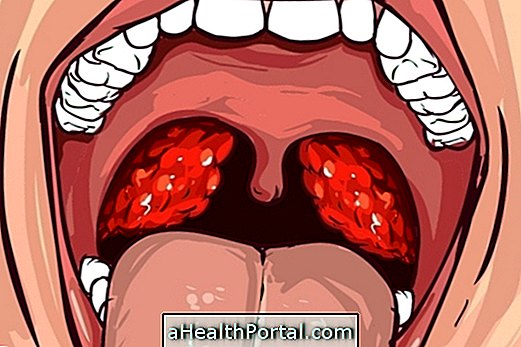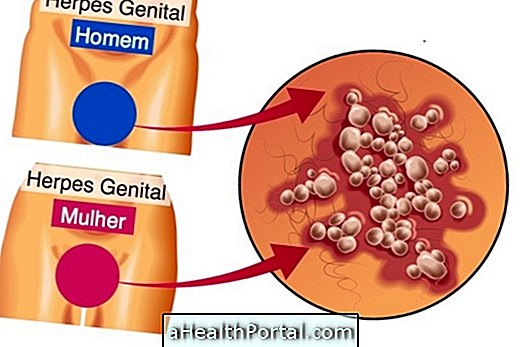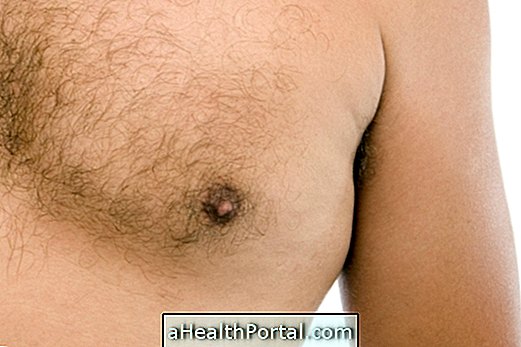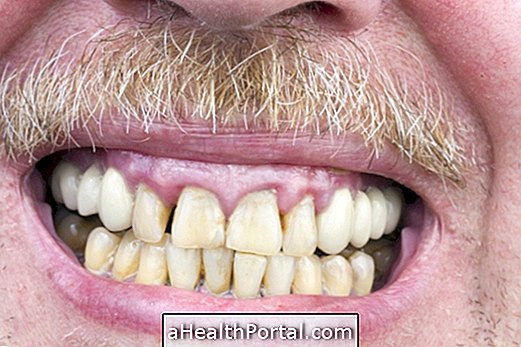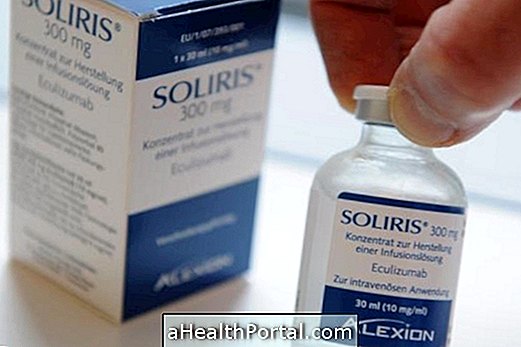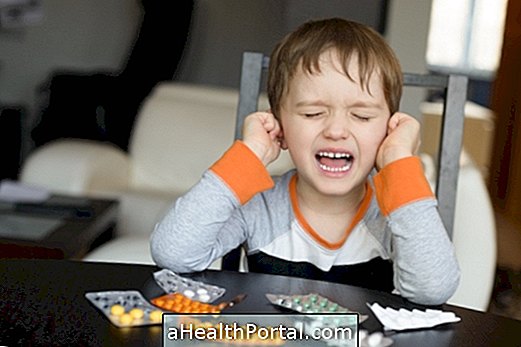The Brazilian Society of Pediatrics recommends breastfeeding even if the mother has the hepatitis B virus. Breastfeeding should be done even if the baby has not yet received the hepatitis B vaccine. Although the hepatitis B virus is found in breast milk infected woman does not exist in sufficient quantity to cause infection in the baby.
Babies born to a woman infected with any hepatitis virus should be immunized at birth and again at 2 years of age. Some doctors argue that the mother should not breast-feed only if she is infected with the hepatitis C virus and should have recourse to powdered milk until the doctor releases her to return to breast-feeding, probably only after blood tests prove that there is no virus in the bloodstream or there is a minimal amount.
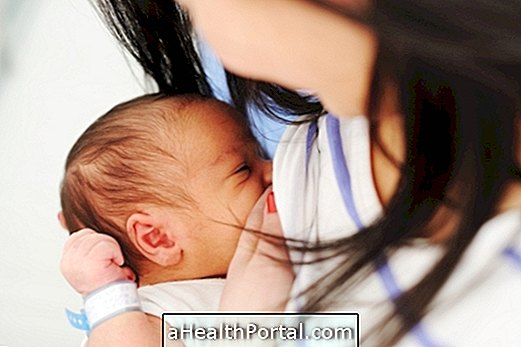
Treatment of the baby with hepatitis B
Treatment of hepatitis B in the baby is indicated when the mother has hepatitis B during pregnancy because there is a high risk of the baby becoming infected with the hepatitis B virus at the time of normal delivery or cesarean due to the baby's contact with the blood of the mom. Thus, the treatment for hepatitis B in the baby consists of vaccination against the hepatitis B virus in several doses, the first one occurring within the first 12 hours after birth.
To prevent your baby from developing chronic hepatitis B, which can cause liver cirrhosis, for example, it is important to respect all doses of hepatitis B vaccination that are part of the national vaccination plan.
Hepatitis B Vaccine
The hepatitis B vaccine and an immunoglobulin injection should be given within 12 hours of delivery. Vaccine boosters happen in the 1st and 6th month of life of the baby, according to the vaccination booklet, to prevent the development of the hepatitis B virus, avoiding diseases like cirrhosis in the baby's liver.
If the baby is born weighing less than 2 kg or before 34 weeks of gestation, the vaccination should be done in the same way, but the baby should take one more dose of the hepatitis B vaccine in the second month of life.
Vaccine side effects
The hepatitis B vaccine can cause fever, the skin may become reddish, sore and stiff at the site of the bite, and in these cases the mother may put ice at the site of the bite and the pediatrician may prescribe an antipyretic to lower the fever, such as infant paracetamol, for example.



